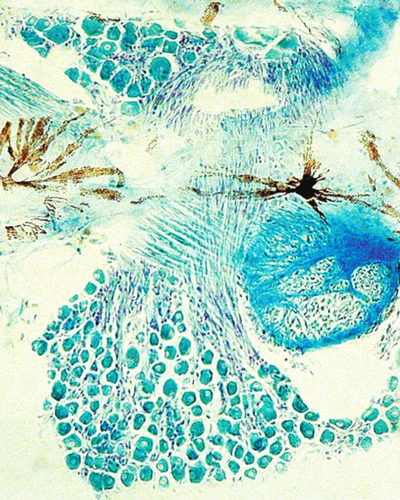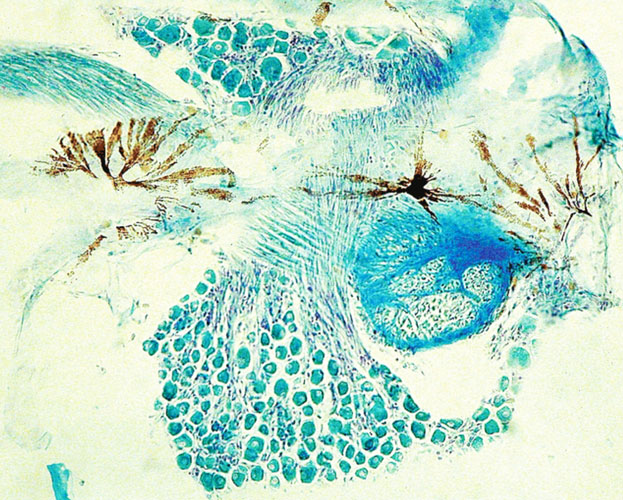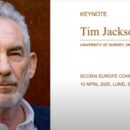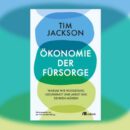
Research | Social Psychology
Living well is not the same thing as accumulating material or financial wealth. A prosperous society is concerned not only with income, but also with the health and wellbeing of its citizens, with their access to good quality education, and with their prospects for decent and rewarding work. Prosperity enables basic individual rights and freedoms. But it must also deliver the ability for people to participate meaningfully in common projects. Ultimately, prosperity must offer society a credible and inclusive vision of social progress.
Understanding these dimensions of prosperity is as much a sociological task as it is an economic one. Tim’s work has delved into the sociology and psychology of sustainability for over two decades. From 2003-2005 he held an ESRC research fellowship on the Social Psychology of Sustainable Consumption. In 2006, he found the Research group on Lifestyles, Values and the Environment (RESOLVE) which pioneered international research on sustainable lifestyles. RESOLVE was a forerunner to Tim’s most recent work as Director of the Centre for the Understanding of Sustainable Prosperity (CUSP).
What does it mean for us to live well as human beings within the limits of a finite planet? In pursuit of answers to this question, Tim has engaged closely with psychological, social and anthropological understandings of the human condition and written about issues as varied as evolutionary psychology, altruism, mindfulness and the denial of death. In the face of mortality, the most fundamental human drive is the pursuit of meaning. Making sense of the world matters to prosperity. As a playwright, these same themes have informed Tim’s radio drama for over thirty years.
Though inevitably complex, these inquiries hold out the hope that it may be possible, not just to survive, but to thrive in a less materialistic world; to live better by consuming less; to have more fun with less stuff. It would be naïve to think these things could be realised without fundamental changes to society. At the same time, this vision of living well within limits may offer real hope for a shared and lasting prosperity.
Further reading
Isham A and T Jackson 2022. Finding flow: exploring the potential for sustainable fulfilment. In: The Lancet Planetary Health, Vol 6/1.
Jackson, T 2021. Post Growth. Life after Capitalism. Cambridge: Polity Press.
Isham A, Gatersleben B and T Jackson 2021. Why do materialistic values undermine flow experiences? The role of self-regulatory resources. In: European Journal of Applied Psychology, Vol 5/10.
Jackson, T 2013. Angst essen Seele auf – Escaping the ‘iron cage’ of consumerism. In: Wuppertal Spezial (Vol 48), Wuppertal Institute for Climate, Environment and Energy.
Armstrong, A and T Jackson 2015. The Mindful Consumer. Mindfulness training and the escape from consumerism. Friends of the Earth, Big Ideas.
Jackson, T 2013. The Altruist Within. In: Sofia #109, pp. 4 – 9.
SDC, NCC 2006. I will if you will — Towards sustainable consumption. A Summary. Sustainable Consumption Roundtable.
Jackson, T 2006. Consuming paradise? Towards a social and cultural psychology of sustainable consumption. In: Jackson, T (Ed): The Earthscan Reader in Sustainable Consumption. London: Earthscan.
Jackson, T 2005. Motivating Sustainable Consumption: a review of evidence on consumer behaviour and behavioural change. London: Policy Studies Institute.
Jackson, T 2002. Quality of Life, Sustainability and Economic Growth. In: Cahill, M and A Fitzpatrick (Eds): Environment and Welfare: towards a green social policy, Palgrave Macmillan, London, 97-116.





